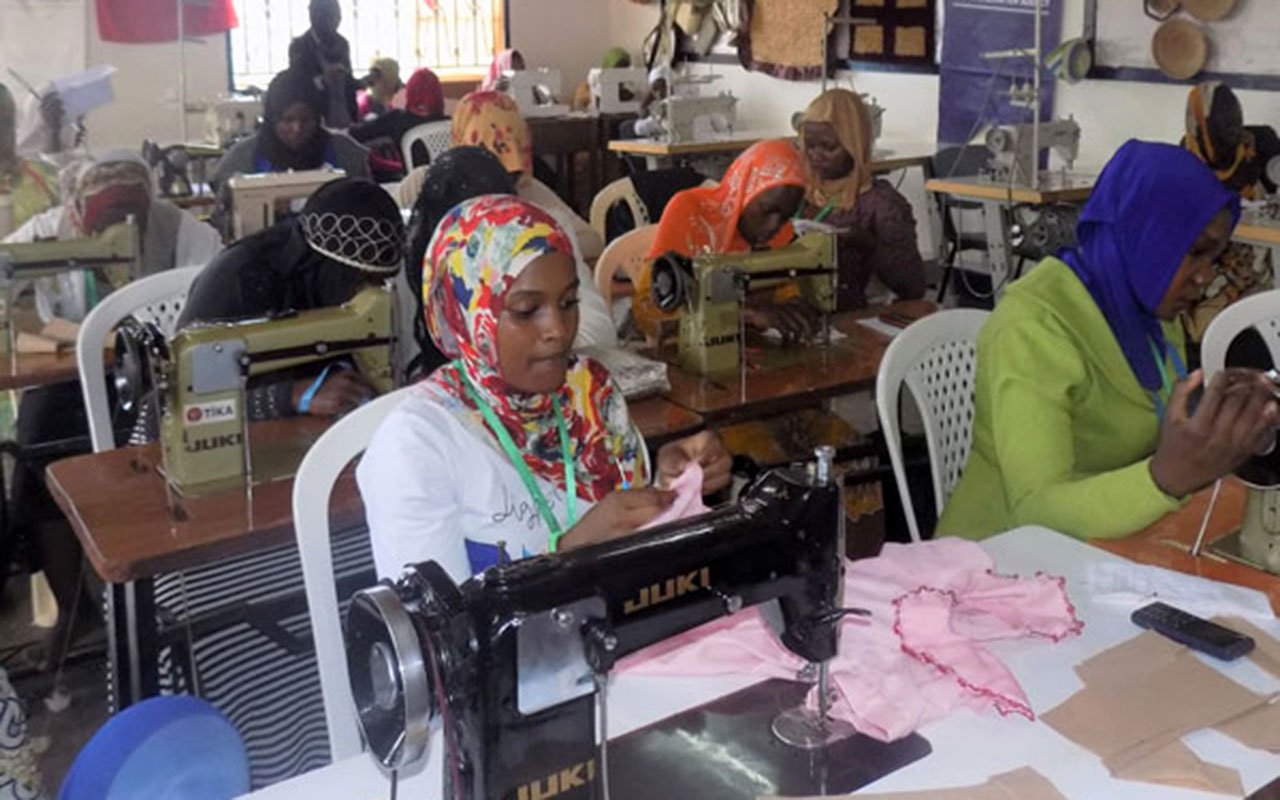Prime
Unmasking the digital TV era

Martin Abuya
Uganda is set to shift from analogue television broadcasting to digital television in 2012. Walter Wafula spoke to Martin Abuya, the chief operations officer, Next Generation Broadcasting (NGB), the company which is piloting the migration process about what it means for TV viewers in Uganda.
What’s the difference between digital and analogue TV transmission?
Most of the stations you are watching today are analogue because video and sound signals are transmitted in waves. Digital on the other hand is compressed signals, meaning you need less space to send the signal through to the television.
In analogue transmission, you need one frequency for one channel and with digital you can squeeze seven to eight channels in one frequency.
What value does digital transmission add to television as a service?
You receive clearer pictures and better sound. Right now, most stations are not clear on your TV sets so you need antennas. With digital television, all those channels are sent through one channel and as one signal, which means all the stations will have the same quality. Secondly, you have an electronic programme guide, which has all the TV programmes. And if you are watching a movie, it enables you to know who directed it, the stars, language and a lot more information.
It also allows you to have both free-to-air and Pay-TV. In Uganda, there are about 2.5 million television sets and out of these, an estimated 70,000 households have pay television because the cost is so dear. Digital television enables more companies like NGB to offer more Pay-TV channels at a lower price with no installation costs.
So one needs to buy a decoder (Set Top Boxes) to conform to the digital era?
Exactly, the Set Tops are needed to convert the digital signals into analogue because most of the current television sets here are analogue. If you want, you can buy a new digital television to access the digital signals but they are very expensive right now. The digital TV sets have in-built Set Top Box boxes so you don’t have to buy new ones.
How about the High Definition and LED television sets in this market?
Those are still analogue television sets. If you go to the market and find a TV with marks DVBT, or Digital Video Broadcasting Television, that is a digital television. People are being duped that they are buying digital television.
The decoders you talk about cost between $50 and $100, that’s not affordable to everyone. How will that be addressed?
Affordability will solely lie with the government because it determines policy. The South African government, for example, is going to give away the first seven million decoders free of charge just to encourage people to get on board; the rest will have to buy. African markets are lobbying governments to waive taxes on the decoders because it is for the benefit of the common man. By the time we get to 2015, the price of that box will be down because more countries are buying them. Anything between $10 and $20 should be good because of the value that comes with them.
How does NGB fit in Uganda’s digital migration process?
Our role is to bring together all broadcasters, the signal distributor like Uganda Broadcasting Corporation (UBC), content producers, regulators, the government and the consumers together. This is because the local broadcasters and the government don’t have the technical experience that is needed to converge their services into one platform and it is a very expensive venture for a single broadcaster.
Broadcasters are opposed to having UBC as the sole single digital signal distributor because they foresee unfair competition in the industry. Why does NGB favour one distributor?
One single distributor means that the customer at home buys only one decoder. If you say that there should be two or four signal distributors, customers will also have to buy the same number of decoders to watch their channels. But NGB is not averse to working with one single digital distributor because we have the technology to do it.
But a single distributor equals a monopoly. Doesn’t that leave room for the exploitation of other broadcasters?
That’s a genuine fear. That’s why there’s a regulator to ensure that there’s no unfair pricing. If the regulator is in place, the government plays its pivotal role, and a proper framework is put in place, everything will work out.
Would it be appropriate for both UBC and the private broadcasters to set up a signal distribution company?
That suggestion has been put forward in many workshops, unfortunately most TV stations will not work with the national television station because of some prior experience that I haven’t been told. And also the history of public broadcasters in Africa has not been very good. However, it has worked in Kenya with Kenya Broadcasting Corporation (KBC). But that’s because KBC doesn’t have adequate coverage across the country, other private stations compliment the national coverage.



